Dear readers, fulfilling my offer of continuity with my writings related to agriculture, that magical world that takes us from a piece of land and a tiny or small element that we call seed to...
The Fruits

Photo #1 Cherry Tree
Contrary to the word vegetable, the word fruit has a specific meaning in botany, which defines it as a vegetable organ characteristic of the reproduction of flowering plants.
There are two main categories of fruit.
The dry fruits, whose cover is thin and hard at maturity and,
The fleshy fruits in which the cover is filled with juices, for which they are called succulent, and which are easily removed by animals, which once eaten contribute to the dispersion of the seeds.
The Fruit and Seed Relationship
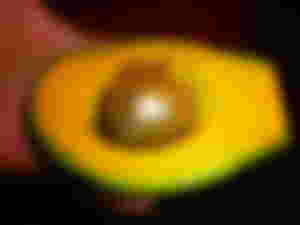
The fruit comes from the evolution of the fertilized flower, that is to say the ovary with the ovules in its interior that develops. The fruit presents the envelope, the flesh and the seed. The cover is called Epicarp, which is the external part and we call skin, the Endocarp, which is the inner part and between both the Mesocarp, or tissue that forms the flesh of the fruit. Protected in the Endocarp, the fertilized ovules that are transformed into seeds.
Types of Fruit
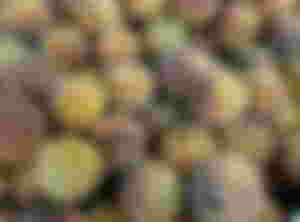
When the endocarp is lignified, the fruit is said to be a drupe, which means a fruit with stone, otherwise we speak of berries, which are fruits with pips. Depending on the structure of the flower, we obtain single fruits like the mango or the peach, or multiple fruits like the blackberry and the raspberry.
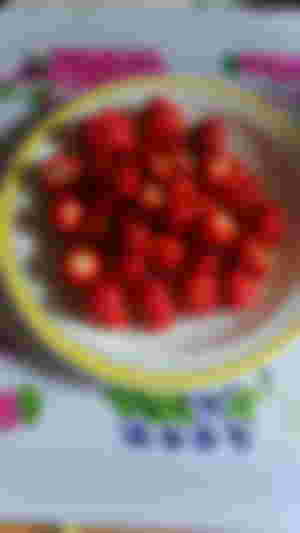
The Strawberry has a fleshy receptacle on which are the achenes, which are the fruits themselves.
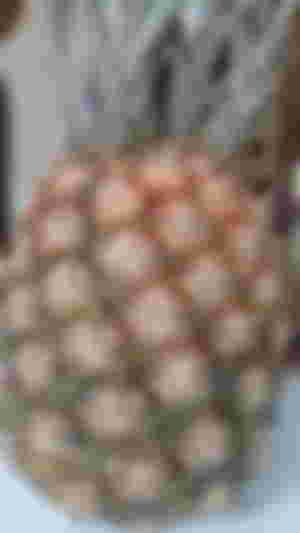
And finally the compound fruits that are derived from several flowers like the Pineapple and the Fig.
How important are they as a nutritional source?
There are more than a hundred species of fruits and tens of thousands of varieties for consumption. They offer an immense variety in terms of colors, flavors, shapes and consistency. Many of them are available all year round, such as oranges and bananas, others are subject to the seasons.
While it is true that they are poor in proteins and fats, the fruits contain between 5 and 25% sugars. They also provide us with minerals such as potassium and iron, as well as various vitamins such as the important vitamin C.

Fruits and their World Production
I am going to mention in this journey through the world of man's food the countries that occupy the first place of the species, so we have to...
China once again emerges as the first great producer of
Peach; Cherry; Pear; Plum; Apple and Watermelon.
India: Mango and Banana
Philippines: Coconut
Thailand: Pineapple
Egypt: Date
Russia: Raspberry
Italy: Kiwi
Turkey: Fig
And in our American continent ...
U.S.A.: Strawberry
Mexico: Avocado and Lemons
Brazil: Orange and Milk

Some examples of fruit trees

The pear tree (Pirus) is native to Asia Minor and has been cultivated for 3,000 years for its juicy and aromatic flesh, especially appreciated by the ancient Egyptians, Greeks, Romans and Chinese.
Photo #2

The peach (Prunus pérsica) is native to northern China and Mongolia, its fruit, the peach tree, is fleshy, velvety skin, juicy yellow flesh and aromatic.
In 500 BC, the peach was already known in China, today the world's largest producer, where it was known as the fruit of fertility.

The fig tree (Ficus carica) is a member of the moraceae family and was one of the first trees cultivated in the Mediterranean basin. The fig is not a true fruit, it is actually a receptacle for a large number of seeds called achenes, which are the true fruits. The fig contains a large amount of mineral salts such as calcium and potassium, Turkey is the world's leading producer.
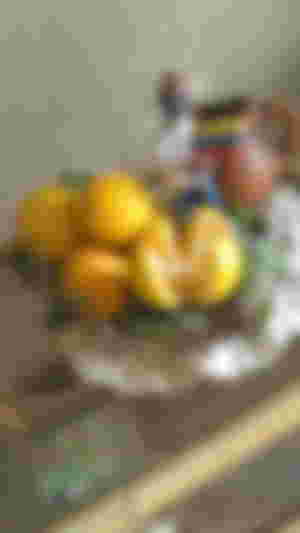
Citrus fruits
Ornamental and rich in vitamin C, they are obtained medicinal and aromatic essences, citrus fruits are the most consumed in the world. They constitute a very wide family, the Rutaceae and under the same genus Citrus, among the cultivated varieties include: Tangerines, Oranges, Grapefruits and Lemons.
It is given as the Southeast Asia (India) its origin, the first citrus was the Citrus aurantium or bitter orange, but the most cultivated are oranges and tangerines. The sweet orange, (Citrus sinensis), was introduced to Europe by the Arabs in the 15th century. There are many varieties of the sweet orange, both for juice and table. Brazil is the world's leading producer!
Red Fruits
Preferably produced in temperate countries, these fruits have rounded shape and are small in size, among them we have
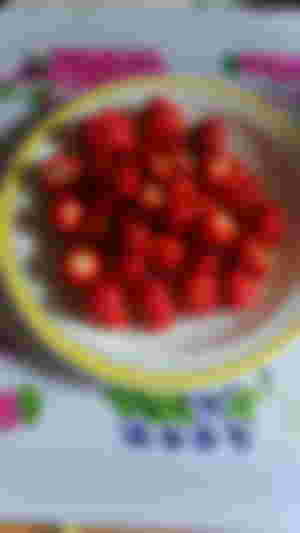
Strawberry, like the rose, raspberry and blackberry, belongs to the family of rosaceae. It is a creeping plant that spreads by stolons, is a fleshy receptacle and rich in water, covered with small yellow nuts called achenes. In Venezuela, one of the most important production centers is located in my state, Aragua, in the agricultural-tourist town called Colonia Tovar.
Photo #3
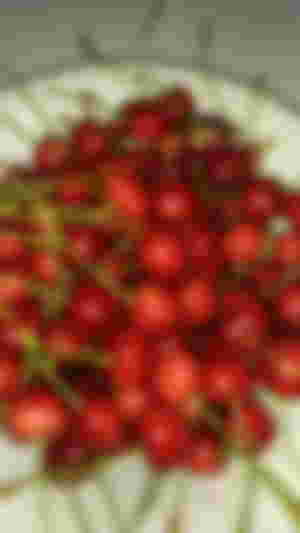
Cherry (Prunus avium)Cherry trees are large, upright trees, reaching heights of 11m. The sour cherry tree is usually smaller and rarely exceeds 5 meters. Under optimal conditions and only in certain regions they can reach up to 30 meters. Its fleshy fruits are bright red drupes, with a sweet sugary flavor.
(Photo 1; 2; 3 and 4 provided by my friend Luisa Rodriguez Acebal from Asturias Spain)

Dear friends, as usual I invite you to join me in the next chapter where I will be talking about tropical fruits.
(Photo 1; 2; 3 and 4 provided by my friend Luisa Rodriguez Acebal from Asturias Spain)
The rest of the photographic and written support are original from Oizaguirres for read.cash.
During the publication process I had two internet interruptions, I apologize for any mistakes.

Translated with www.DeepL.com/Translator (free version)

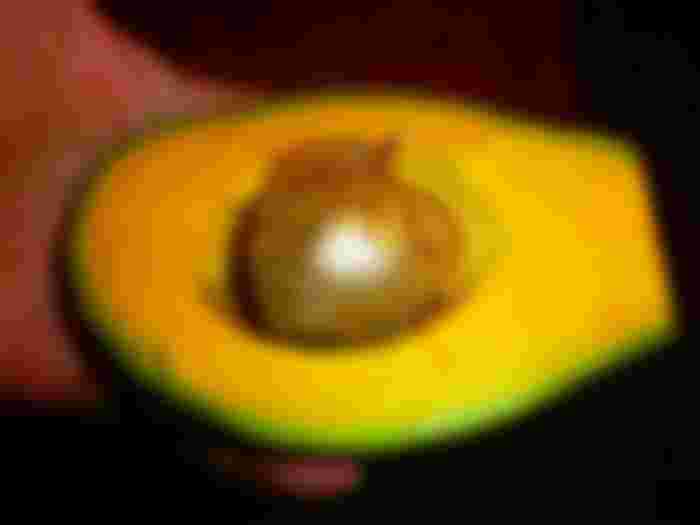
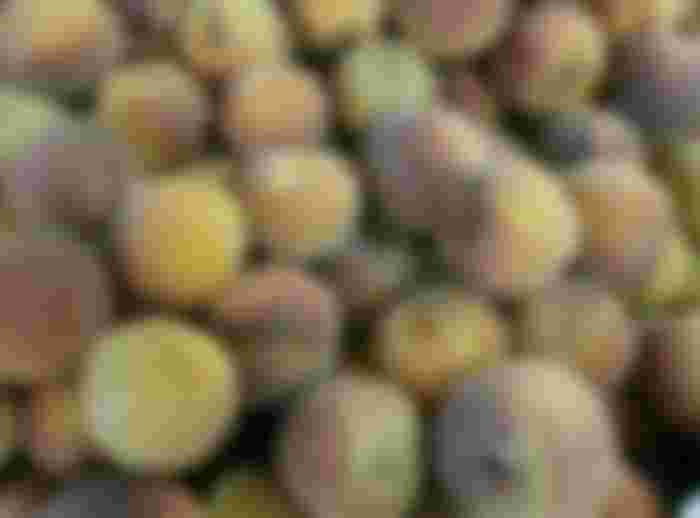
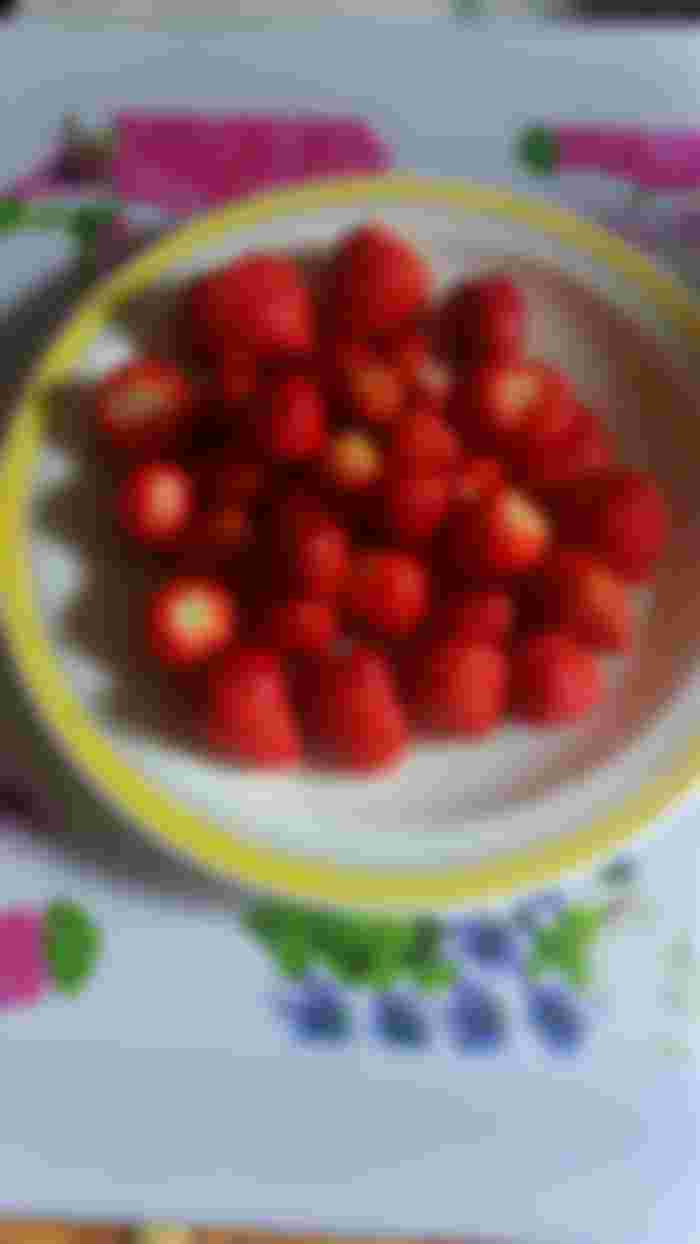





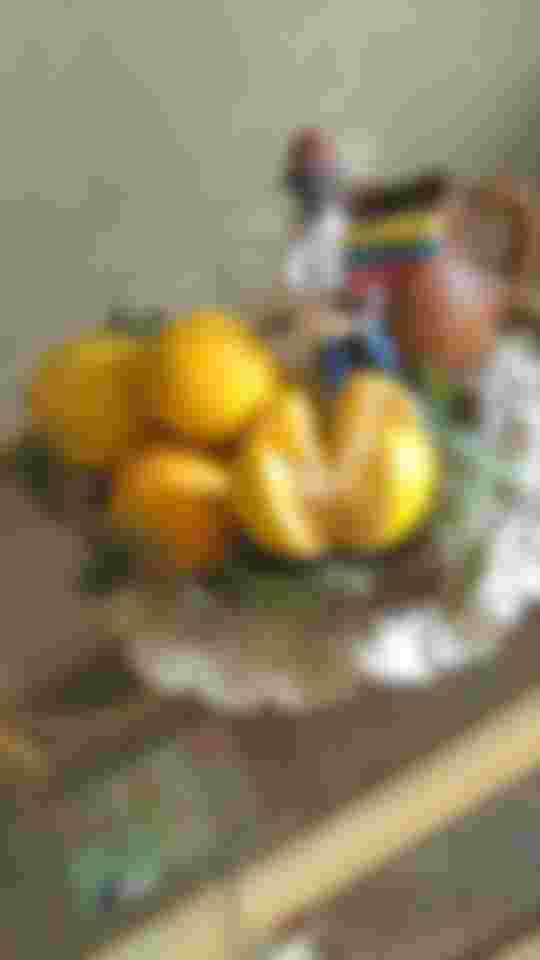
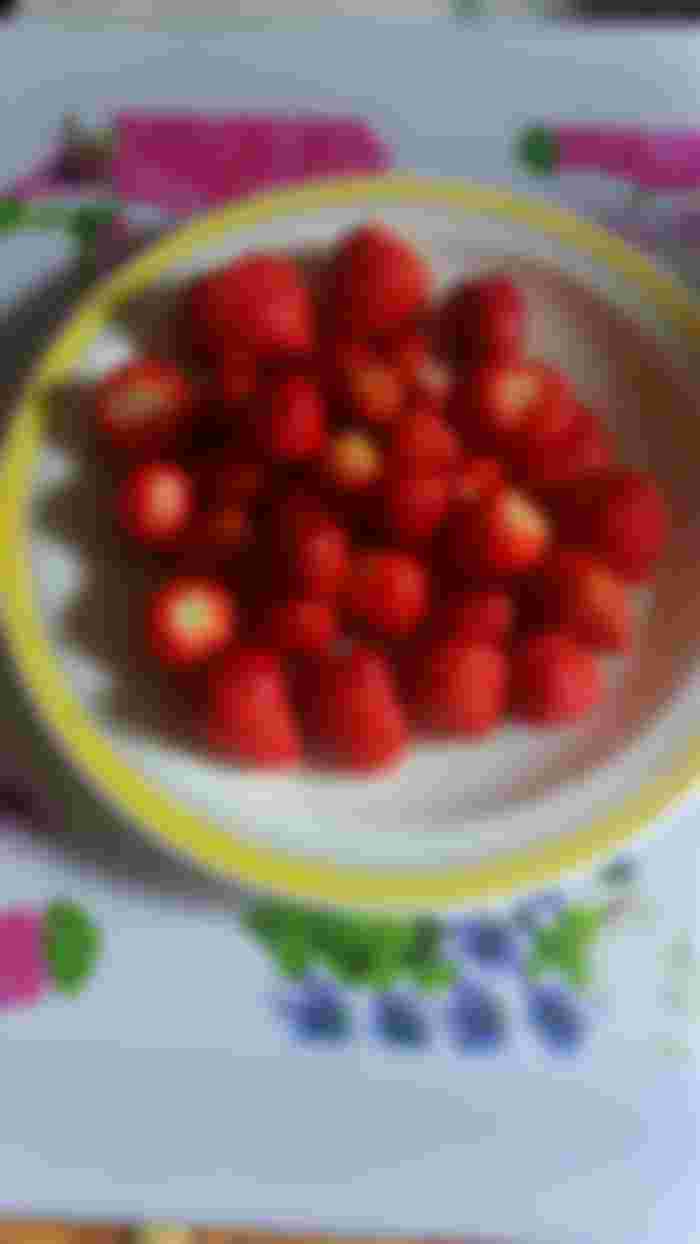
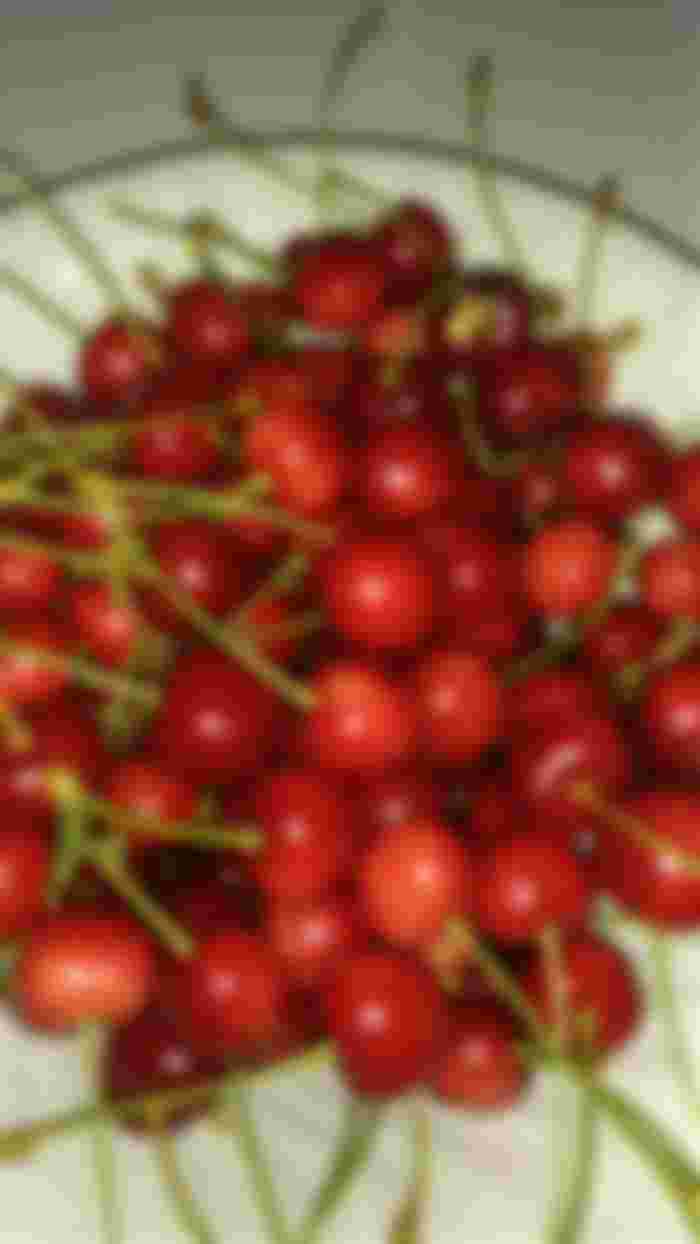

I am from turkey. I shared an article about figs. I am not surprised that you put figs in the first place for Turkey, but there is a fact. Turkey meets 95% of the world hazelnut production.